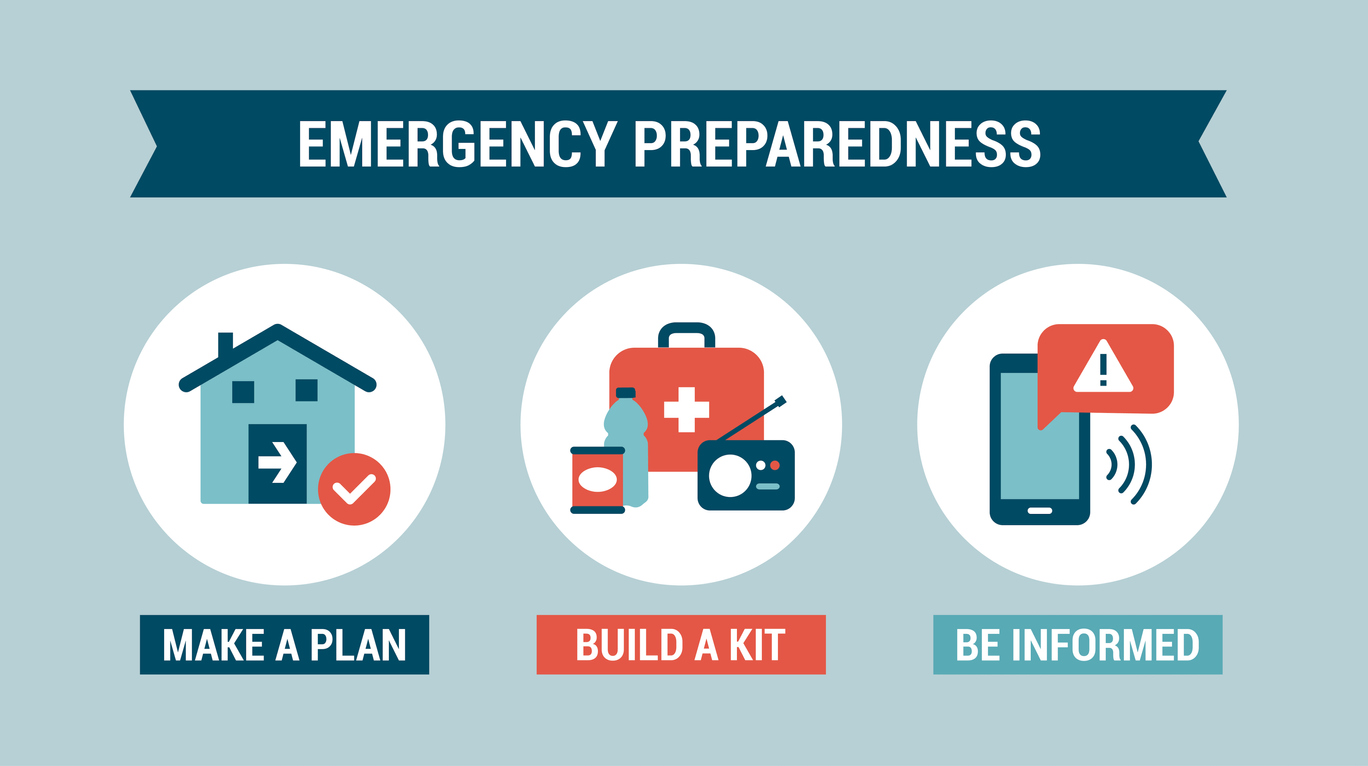Middle school can be tough. Between raging hormones, trying to figure out who they are as individuals, and trying to fit in, kids don’t have it easy. It can be even more difficult when you throw a bully into the mix.
Statistics aggregated by Monique Burr Foundation tell us that 1 in 4 kids will be bullied and 1 in 5 will be cyberbullied. As parents and caregivers, that is a frightening number.
There are both short term and long-term effects of bullying on children, so we must learn to recognize the signs of bullying so that we can intervene and prevent further harm to children.
The Monique Burr Foundation Lists the following signs that a child may be the victim of bullying:
-
- Unexplained injuries upon return from school
- Frequent and unexplained lost items
- Frequent hunger upon return from school
- Request to alter school path or transportation method
- Frequent complaints of illness/not wanting to go to school
-
- Change/decline in grades
- Low self-esteem, depression, suicidal talk or behavior
- Loss of long-time friends or change in friends
- Change in social habits/social isolation
- Change in personality
-
- Deviation from normal behavior
- Eating or sleeping disturbances
- Avoidance of family members or environments/situations once enjoyed
- Avoidance of questions related to their behaviors, actions, feelings, or school activities
If you notice any of these signs in your children, it is important to take note and begin a conversation. Let your kids know you are there for them and want to listen. Tell them how much you care and let them share their feelings and experiences in return. Ask them what they need from you.
If you’ve talked to your child and taken steps to address the situation yourself, here are ideas for solutions you can empower your child with:
- Give them simple, safe ways to react the next time they feel bullied, such as using the buddy system or telling the bully to stop in a calm, clear voice.
- Practice controlling reactions. It’s normal to get upset, but that’s what makes bullies feel more powerful.
- Show how they can ignore hurtful remarks by acting uninterested, talking to a friend, or texting someone.
- Create a list of trusted adults when they need to talk to someone.












Comments are closed.